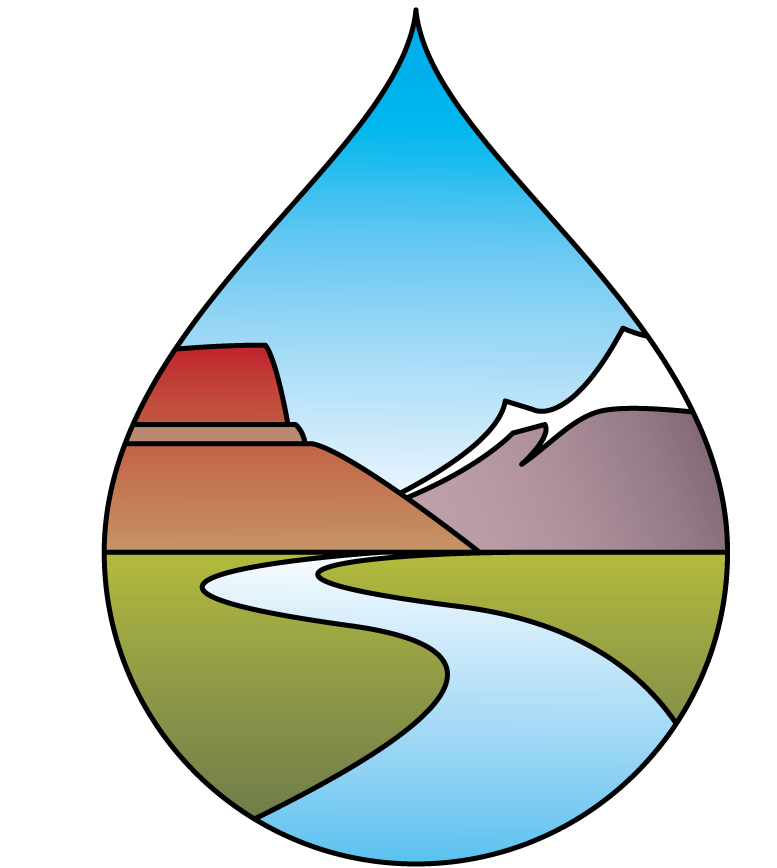Position #488 – Expressing Support for Implementation of the SECURE Water Act
WHEREAS, the Western States Water Council is a policy advisory body representing eighteen states, and has long been involved in western water conservation, development, protection, and management issues, and the member states and political subdivisions have long been partners in cooperative federal water programs; and
WHEREAS, in the West, water is a critical, vital resource and “…States bear the primary responsibility and authority for managing the water resources of the United States,” as recognized in the SECURE Water Act[1] ; and
WHEREAS, Western water law and policy are based on the reality of scarcity and the need to use water wisely, and Western states have made great strides in increasing efficiency and reducing water use, but continued investments and sacrifices are needed to maintain our quality of life in the West and to protect our environment; and
WHEREAS, the Act also recognizes that “the Federal Government should support the States, as well as regional, local and tribal governments…” and authorizes a number of important programs to provide this much needed support; and
WHEREAS, the Council supports technical and financial assistance to states and local watershed groups and water districts as an appropriate federal role, consistent with authorized federal programs; and
WHEREAS, the Council has long supported watershed and basin-wide coordination that involves all governmental entities and stakeholders interested in finding solutions to present and future water management challenges; and
WHEREAS, Section 9504 of the Act authorizes the Secretary of the Interior to provide grants or enter into cooperative agreements to assist states and other non-federal entities in carrying out a range of water use efficiency improvements to address crucial water supply issues, stretch limited water supplies, and improve water management; and
WHEREAS, the Act authorizes a variety of activities to enhance the Department of the Interior’s water data efforts with significant progress made on these activities, including the development of a national groundwater monitoring program, a brackish water assessment, and the establishment of a national water availability and use assessment; and
WHEREAS, real-time water resources data are critical for timely actions in response to droughts, flooding, and other extreme weather events, and the lack of federal capital investments in water data programs has led to the discontinuance, disrepair, or obsolescence of vital equipment needed to maintain existing water data gathering activities; and
WHEREAS, the lack of timely and accurate streamflow information threatens to put human life, health, welfare, property, and environmental and natural resources at a considerably greater risk of loss; and
WHEREAS, the U.S. Geological Survey’s (USGS) National Streamflow Information Program (NSIP) facilitates an improved national backbone focused on national needs and interests; and
WHEREAS, the Groundwater and Streamflow Information Program (GWSIP), as well as USGS’ cooperative matching funds within the Water Availability and Use Science Program (WAUSP), together provide vital water data that States and other public and private entities and individuals rely on in making day-to-day planning and management decisions; and
WHEREAS, substantial advances in water science, together with emerging breakthroughs in technical and computational capabilities, have led the USGS to develop a Next Generation Water Observing System (NGWOS); and
WHEREAS, USGS provides “grants to State water resource agencies to assist in developing water use and availability datasets” under the Water-Use Data and Research (WUDR) program, in support of the Water Use Data for the Nation publication and the National Water Census; and
WHEREAS, USGS’ NSIP, GWSIP, NGWOS, WAUSP, and WUDR programs together provide vital water data that States and other public and private entities and individuals rely on to make day-to-day planning and management decisions; and
WHEREAS, authorization and funding for some of these WaterSMART programs have expired or appropriations have largely been depleted and some have gone unfunded or underfunded or remain dependent on year-to-year appropriations, as opposed to a dedicated line item.
NOW THEREFORE BE IT RESOLVED, that the Western States Water Council expresses our continuing strong support for authorization and implementation of the SECURE Water Act and related programs; and
BE IT FURTHER RESOLVED, that Western States recognize that too often program authorization and appropriations have not kept up with the need, limiting program participation and benefits; and
BE IT FURTHER RESOLVED, that the Council encourages the Administration to request and the Congress to ensure that the Act’s authorized activities receive support and appropriations that are adequate to fulfill their stated purposes as a dedicated line item, as well as focus existing resources on these important programs.
[1] See Section 9501, SECURE Water Act, which Congress passed as Subtitle F of the Omnibus Public Lands Management Act of 2009 (Public Law 111-11).
Revised and Readopted
(see also Position #357, 10/3/13, Position #397, 9/30/16; and Position #439, 10/18/19)
